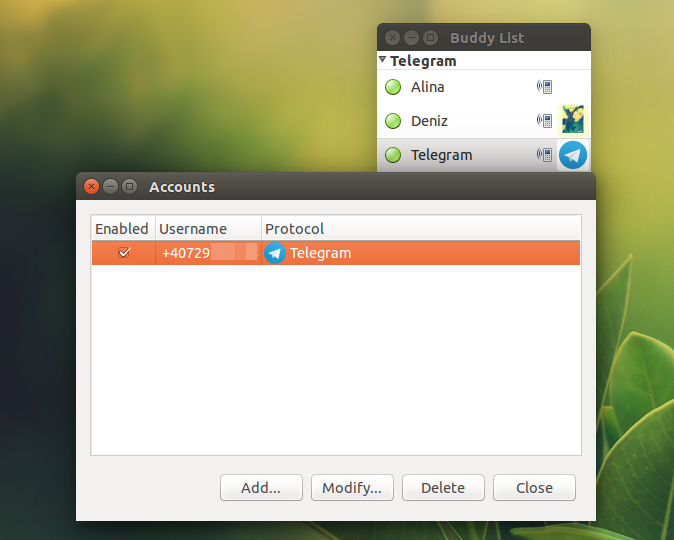Install Yahoo Messenger Emoticons Pidgin Otr
Pidgin's buddy list window in Initial release December 31, 1998; 18 years ago ( 1998-12-31) (as Gaim) 2.12.0 (March 9, 2017; 9 months ago ( 2017-03-09) ) None Written in (,,, are used for ) Available in Multiple languages Website Pidgin (formerly named Gaim) is a client, based on a named libpurple that has support for many instant messaging, allowing the user to simultaneously log into various services from one application. The number of Pidgin users was estimated to be over three million in 2007.

Pidgin is widely used for its (OTR) plugin, which offers. For this reason it is included in the privacy- and anonymity-focused operating system. Nixon Manual Ii Watch on this page. Gaim 2.0.0 beta 6 running under 2.16.0 The program was originally written by, an sophomore, as an emulation of AOL's IM program on Linux using the toolkit.
AIM; Gadu-Gadu; Google (Hangouts); IBM Sametime; ICQ; Jabber; KDE Talk; Office 365/Lync; Office 365/Lync (via libpurple); Skype; Telegram; Twitter; Yahoo! Automatic away and extended away presence; Themed conversation; Private and Group chat; Spell checking and smileys; Conversation logging support; OTR. Instant Messaging; IM; Chat; AIM; ICQ; Google Talk; Yahoo! Bonjour; Gadu-Gadu; IRC; MXit; Novell GroupWise Messenger; Lotus Sametime; SILC; SIMPLE; MySpaceIM; Zephyr; Jabber/XMPP; MSN Messenger. KEEP ME UPDATED. Get project updates, sponsored content from our select partners, and.
The earliest archived release was on December 31, 1998. It was named GAIM ( GTK+ AOL Instant Messenger) accordingly. The emulation was not based on, but instead relied on information about the protocol that AOL had published on the web. Development was assisted by some of AOL's technical staff.
Support for other IM protocols was added soon thereafter. As of 6 July 2015, Pidgin scored seven out of seven points on the 's secure messaging scorecard. They have received points for having communications encrypted in transit, having communications encrypted with keys the providers don't have access to (), making it possible for users to independently verify their correspondent's identities, having past communications secure if the keys are stolen (), having their code open to independent review (), having their security designs well-documented, and having recent independent security audits. Naming dispute [ ] In response to pressure from, the program was renamed to the -but-lowercase gaim. As AOL Instant Messenger gained popularity, AOL trademarked its acronym, 'AIM', leading to a lengthy legal struggle with the creators of GAIM, who kept the matter largely secret.